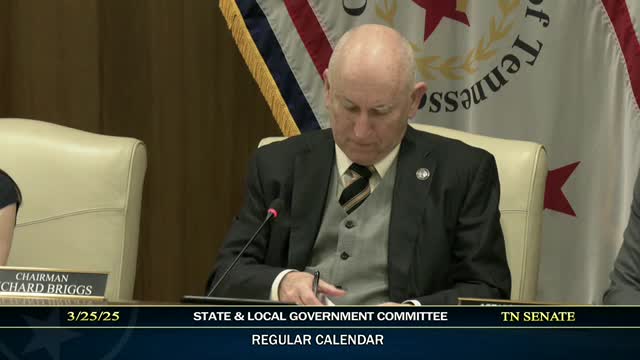Article not found
This article is no longer available. But don't worry—we've gathered other articles that discuss the same topic.
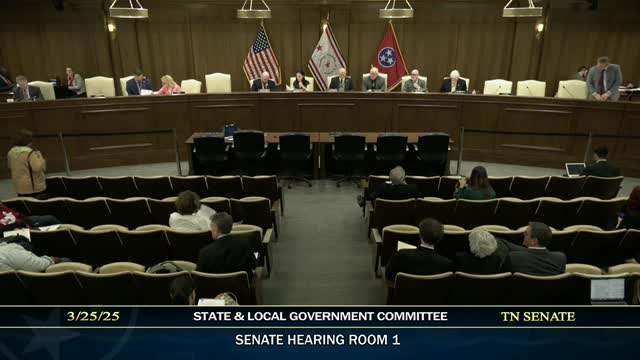
Votes at a glance: State and Local Government Committee (selected items)
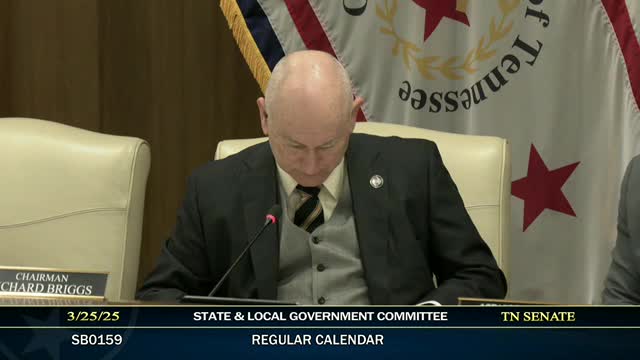
Committee bars future tabulation of ballots returned over the internet
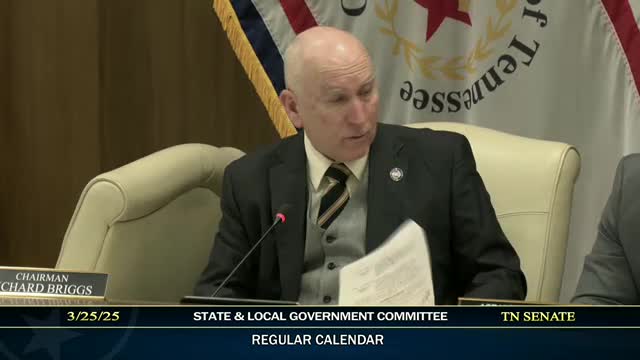
Committee rejects bill to make jails satellite polling locations for eligible detainees
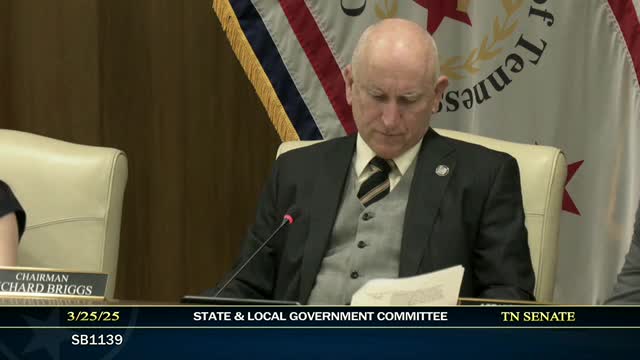
Committee approves bill letting developers hire third-party reviewers when utilities delay plan approvals
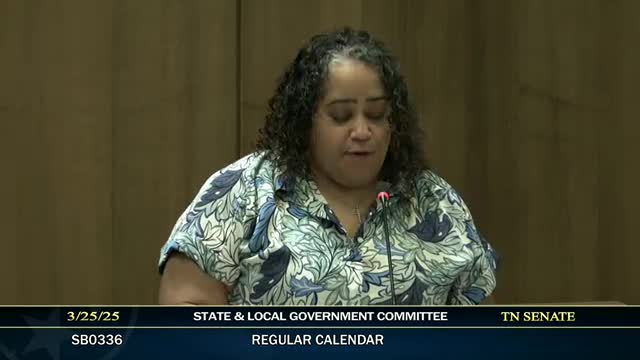
Committee postpones bill to remove financial barriers to restoring voting rights
